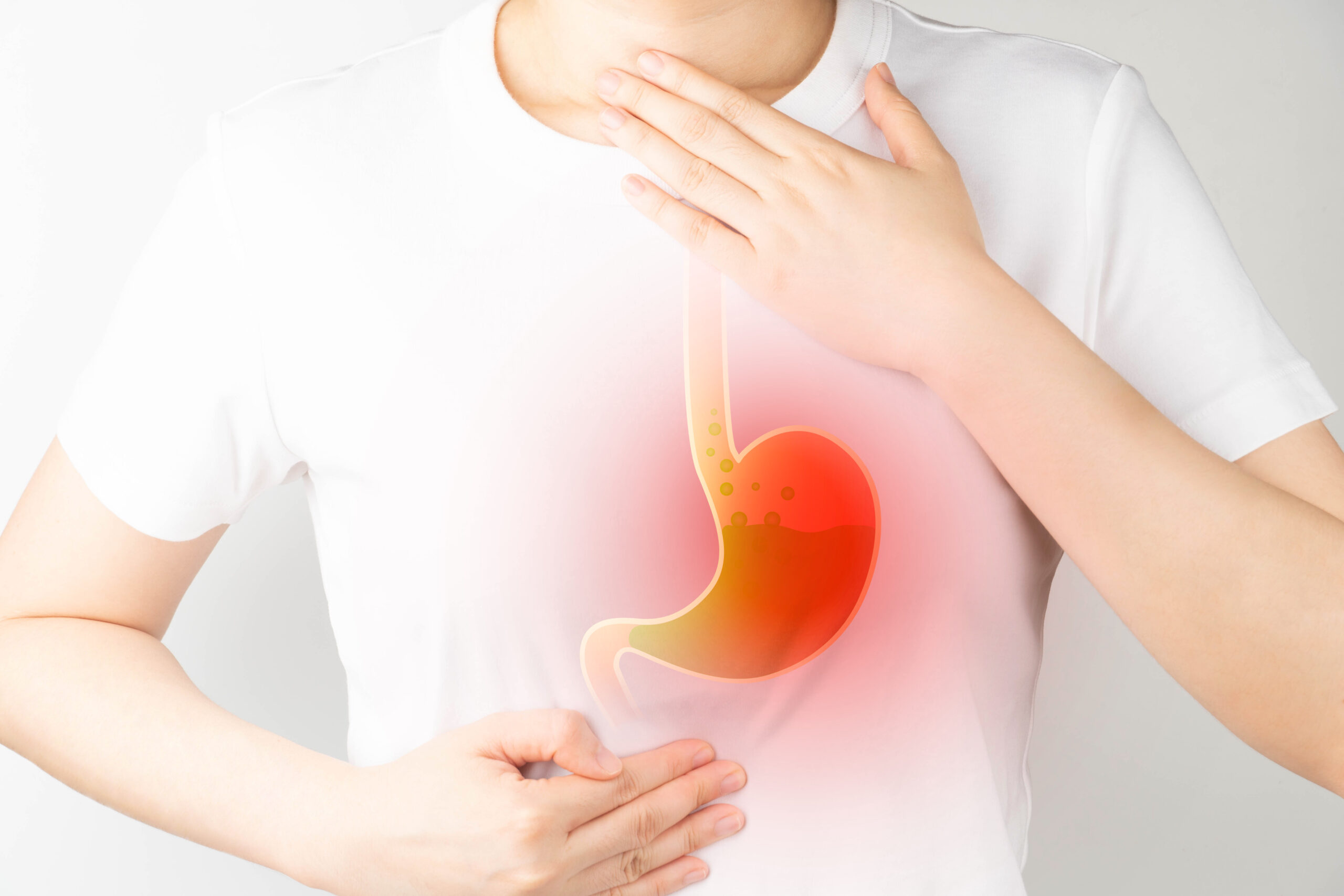
Gastroesophageal Reflux Disease (GERD) is a chronic digestive condition that develops when digestive juices from the stomach flow back into the esophagus.
The symptoms can be uncomfortable and even painful, including heartburn, difficulty swallowing, and regurgitation of food or sour liquid. While there are medications available to treat GERD, changes in diet and lifestyle can make a significant difference in reducing symptoms. In this article, we will discuss some diet tips to avoid GERD flare-ups and improve your quality of life.
Choose the right foods
Certain foods can trigger GERD and make symptoms worse. High-fat foods, spicy foods, caffeine, alcohol, and acidic foods such as citrus fruits and juices should be avoided. Instead, opt for a well-balanced diet consisting of lean proteins, whole grains, vegetables, and non-citrus fruits. Limit your intake of fried or fatty foods, chocolate, garlic, and onions. Keep a food diary to track your symptoms and identify possible triggers.
Practice portion control
Large meals can put pressure on the stomach, leading to acid reflux. Eat smaller, more frequent meals throughout the day instead of three large meals. Use smaller plates to control your portions and take your time chewing your food. Avoid eating within three hours before bedtime to reduce the risk of reflux.
Make healthy substitutions
Satisfy your cravings with healthy substitutions for your favorite foods. Instead of high-fat desserts, opt for low-fat yogurts or fresh fruit. Use herbs and spices instead of salt to flavor your meals. Bake or grill your food instead of frying it to reduce the fat content. Incorporate healthy fats into your diet, such as avocados, nuts, and olive oil, which can help reduce inflammation.
Stay hydrated
Drinking enough water can help flush out excess acid from the stomach and prevent GERD symptoms. Aim for at least eight glasses of water a day, and avoid carbonated beverages and acidic drinks such as soda and coffee. Drink water before or after meals instead of while eating to reduce the risk of reflux.
Try lifestyle changes
In addition to dietary changes, there are several lifestyle changes that can help reduce GERD symptoms. Maintain a healthy weight to avoid putting pressure on the stomach. Quit smoking, as tobacco smoke can irritate the esophagus and increase the risk of reflux. Avoid tight-fitting clothing and bending over after meals to reduce pressure on the stomach.
Conclusion:
GERD can be a painful and uncomfortable condition, but making changes to your diet and lifestyle can help reduce symptoms and improve your quality of life. By choosing the right foods, practicing portion control, making healthy substitutions, staying hydrated, and trying lifestyle changes, you can avoid GERD flare-ups and feel better every day. Remember, it’s essential to work with your healthcare provider to determine the best treatment plan for you. For primary care in Spring, Texas contact A-Z Primary Care & Walk-In.

